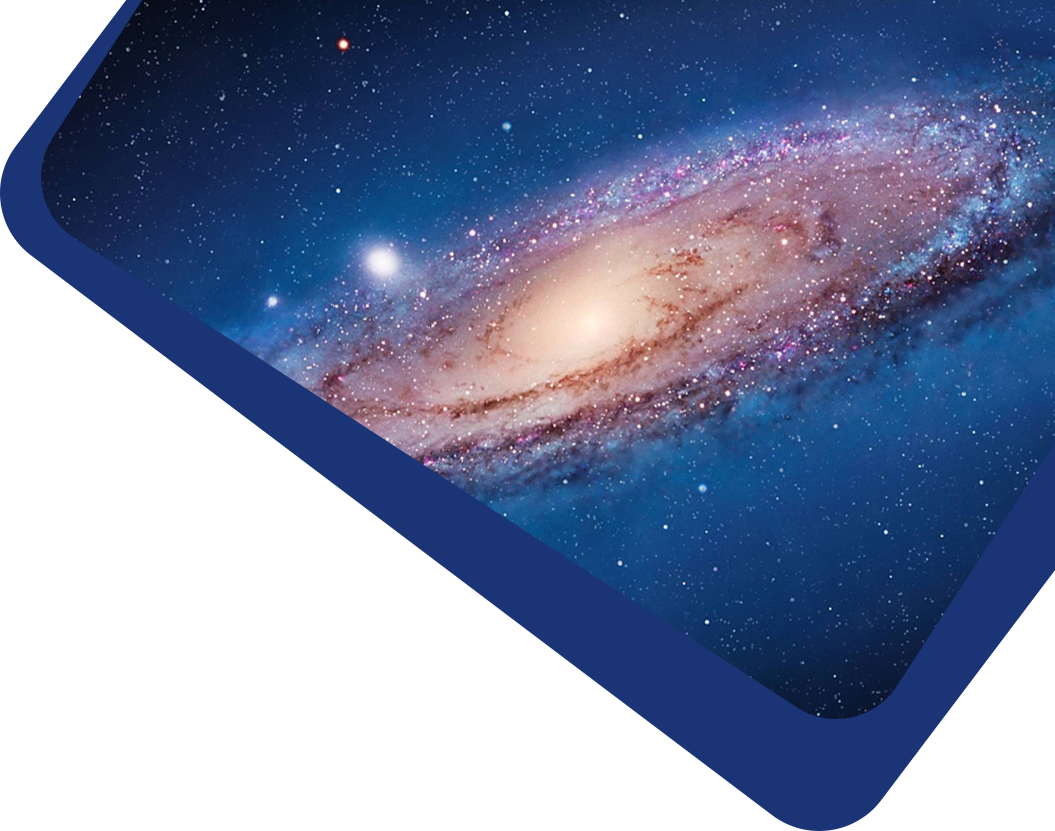

Abstract Many schemes have been proposed to define a model-independent constraint on cosmological dynamics, such as the nonparametric dark energy equation of state ω(z) or the deceleration parameter q(z). These methods usually contain derivatives with respect to observational data with noise. However, there can be large uncertainties when one estimates values with numerical differentiation, especially when noise is significant. We introduce a global numerical differentiation method, first formulated by Reinsch, which is smoothed by cubic spline functions, and apply it to the estimation of the transition redshift zt with a simulated expansion rate E(z) based on observational Hubble parameter data. We also discuss some deficiencies and limitations of this method.
Keywords cosmological parameters — methods: data analysis — numerical
It accepts original submissions from all over the world and is internationally published and distributed by IOP